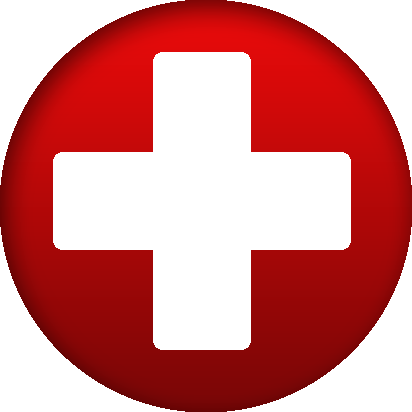various people experience depression in various ways, and the severity and length of its symptoms might change. It's crucial to remember that only a licensed healthcare provider can identify depression. However, the following typical warning signs and symptoms may point to depression:
Feeling gloomy, hopeless, or generally lacking interest or pleasure in tasks that one earlier found enjoyable. Persistent melancholy or empty sensations.
Insomnia (difficulty falling or staying asleep), hypersomnia (extreme drowsiness), or interrupted sleep patterns are examples of changes in sleep patterns.
A notable decrease or increase in appetite causes weight loss or gain, respectively. Significant changes in appetite or weight.
Loss of energy or fatigue: Feeling exhausted, lacking energy, or having a considerable drop in motivation to carry out everyday tasks.
Difficulty
Depression is a complex mental health condition, and its symptoms can vary from person to person. However, some common signs and symptoms that may indicate depression include:
Persistent sadness or a feeling of emptiness: Feeling down, hopeless, or experiencing a constant sense of sadness that lasts for an extended period.
Loss of interest or pleasure in activities: Losing interest in activities or hobbies that were once enjoyable, experiencing a lack of motivation, and feeling a general sense of apathy.
Changes in appetite or weight: Significant weight loss or weight gain, along with changes in appetite or a loss of interest in food.
Sleep disturbances: Difficulty sleeping, experiencing insomnia, or having excessive sleepiness and feeling tired despite getting enough sleep.
Fatigue or loss of energy: Feeling tired, low on energy, and experiencing a lack of motivation or productivity.
Feelings of worthlessness or guilt: Constantly feeling guilty, having low self-esteem, and believing that you are a burden to others.
Difficulty concentrating or making decisions: Struggling to concentrate, experiencing memory problems, and having difficulty making even simple decisions.
Restlessness or irritability: Feeling restless, agitated, or easily irritated, often with no apparent reason.
Physical symptoms: Experiencing unexplained physical symptoms such as headaches, stomachaches, or body aches that are not related to any underlying medical condition.
Recurrent thoughts of death or suicide: Having persistent thoughts about death, dying, or contemplating suicide.
It's important to remember that everyone's experience with depression is unique, and not everyone may exhibit all of these symptoms. If you or someone you know is experiencing symptoms of depression, it is crucial to seek professional help from a mental health provider for an accurate diagnosis and appropriate treatment.




0 Comments